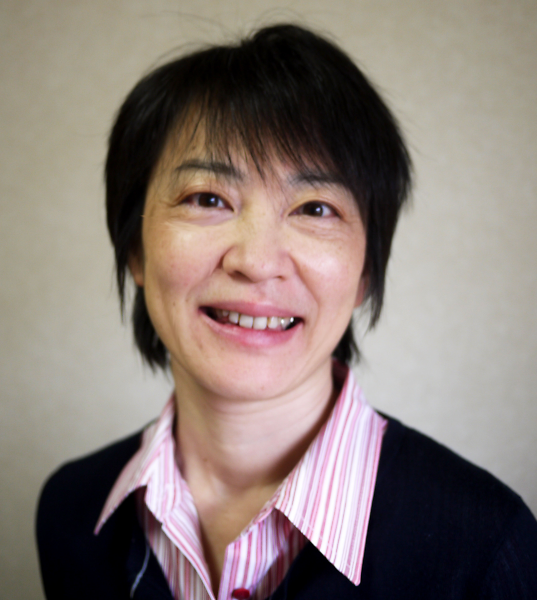“Rational design of synthetic molecules that control protein-protein interactions” Prof. Junko Ohkanda

Date
Location
Description
Prof. Junko Ohkanda
Associate Professor of Chemistry
Division of Biochemistry, Chemical Biology Laboratory
Institute for Chemical Research
Kyoto University, Japan
Abstract
Over the past two decades, protein-protein interactions (PPIs) have emerged as promising new drug targets in the post-genome era for many diseases, such as cancers and neurodegenerative diseases, although development of PPI-inhibitors still remains challenging due to the large and featureless PPI interfaces. In this seminar, I will describe our approaches to design of synthetic agents that disrupt, stabilize, and detect PPIs. The strategy is based on the module-assembly, in which small synthetic module compounds that are designed based on the structure of PPI interfaces are assembled by various means such as tethering, metal complex formation, and target-templated ligation. One example is the design of dual inhibitors of farnesyltransferase and geranylgeranyltransferase, which inhibit the posttranslational lipid modification of K-Ras protein, a GTP-binding protein of which the single mutation causes aggressive tumorigenesis. The compounds were designed to bind to the active sites and the acidic surfaces that are implicated in the PPIs with the cationic C-terminal domain of K-Ras. In vitro evaluation demonstrated that these compounds exhibit significant inhibitory activity for both farnesylation and geranylgeranylation of the K-Ras peptide at nM concentration. Furthermore, a series of peptidomimetic derivatives significantly inhibited K-Ras processing in cells selectively over normal geranylgeranylation processes, suggesting that these compounds may serve as a class of potentially less toxic dual inhibitors in animals. Our results suggest that this inhibitor design based on the module-assembly may provide a general approach for agents that are capable of disrupting intracellular PPIs. Details of the rational design of compounds as well as the other approach exploiting intracellular module-assembly will also be discussed.
Biography
Junko Ohkanda received her Ph. D. from The University of Tokyo in 1996, and joined Prof. Andrew Hamilton’s research group at Yale University as a postdoctoral scientist in 1998. Shortly after returning to Japan in 2004, she was promoted to an Associate Professor at Osaka University in 2005, and currently an Associate Professor at Institute for Chemical Research, Kyoto University, where she has been after joining Prof. Uesugi’s group in 2013. Dr. Ohkanda’s research interests include bioorganic medicinal chemistry and chemical biology where her group focuses on structure-based design of mid-sized synthetic agents for disrupting and detecting protein-protein interactions. Her principal focus also includes chemical biological study of antitumor agents derived from diterpene glucosides, fusicoccins.
Keywords: Bioorganic chemistry, Medicinal Chemistry, Chemical biology, Structure-based design, Protein-protein interactions, Natural products
Subscribe to the OIST Calendar: Right-click to download, then open in your calendar application.



